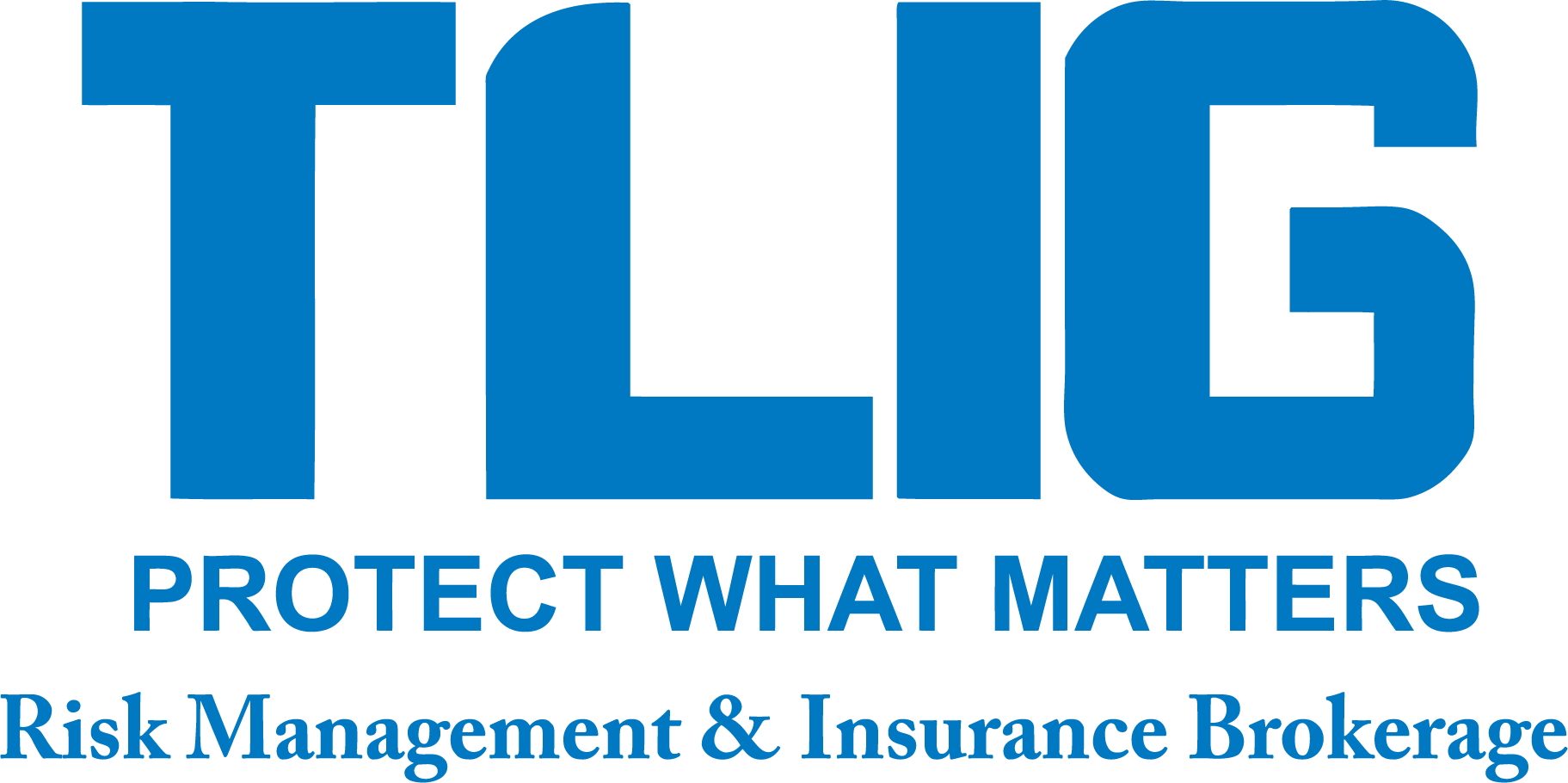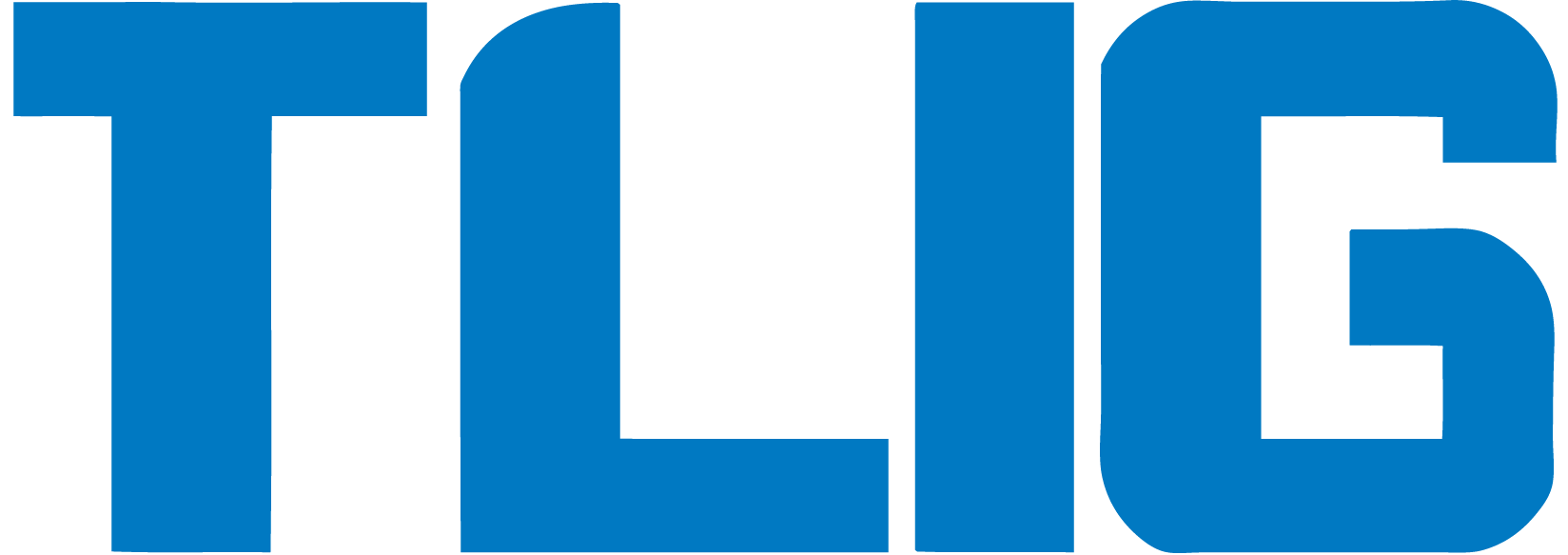Recent months have brought travel risks to the forefront of consumers’ minds: the economic downturn, safety risks overseas due to political unrest, and a potential new strain of influenza that has emerged from Mexico.
There are two broad types of travel-related coverage for those leaving the United States:
- Travel insurance covers the loss of the prepaid travel costs of a trip should it be canceled, interrupted, or postponed. It also can reimburse unexpected expenses incurred due to a sudden change in travel plans due to illness or other causes.
- Specialty medical coverage protects against personal insurance risks when someone is outside the United States.
Travelers can buy travel coverage in conjunction with their travel tour, hotel bookings or flight reservations. It’s also available from providers that specialize in the international insurance market. For example, Continental, a major international airline, offers trip cancellation and interruption coverage through its reservations Web site.
The coverage reimburses the traveler for “prepaid, unused, non-refundable travel expenses should your trip be cancelled or interrupted due to any covered reason.” Such reasons include: inclement weather, an unexpected illness, death of a traveler, and travel delays.
The Insurance Information Network of California notes that trip insurance providers sometimes require a physician’s verification if a trip must be canceled before it occurs. It advises buyers to check whether the travel coverage is “cancel for any reason protection,” or more limited coverage.
Trip interruption insurance is another variation. It can provide reimbursement for extra food and lodging costs if a traveler becomes ill during the course of a trip. Some plans cover medical costs. Trip delay insurance covers expenses a traveler incurs in resuming a planned trip or returning home after being quarantined in another country. Often these various coverages are bundled and sold together in a package.
Short-term medical insurance may be appropriate for the millions of U.S. residents who travel outside the U.S. every year. Those who travel outside of America may be going beyond the boundaries of their medical insurance without knowing it, according to Clements International, a provider of international insurance policies.
The unpredictable nature of the spreading of swine flu that began in April 2009 has heightened awareness of health risks while traveling around the world. Travelers may wish to consider short-term medical insurance if they’re traveling outside of the United States for an extended vacation or business trip.
To determine whether it’s necessary, it’s advisable to check if a domestic health insurance policy covers out-of-country travel. If not, short-term medical insurance provides coverage for illnesses or medical evacuation that occurs while traveling outside of the United States.
International travelers face the same insurance risks (and sometimes additional risks) while outside the country that they do while stateside. Life insurance issued in the U.S. may not be available on the same basis while a person is traveling for an extended period as when not traveling. It’s prudent to check on the validity of life insurance coverage as part of the travel-planning process.
Check with your insurance agent about what type of insurance protection might be needed if taking an overseas trip.
TLIG is a local Trusted Choice® agency that represents multiple insurance companies, so it offers you a variety of personal and business coverage choices and can customize an insurance plan to meet your specialized needs.
Visit us online at www.tligins.com or call them at (434) 582-1444.

